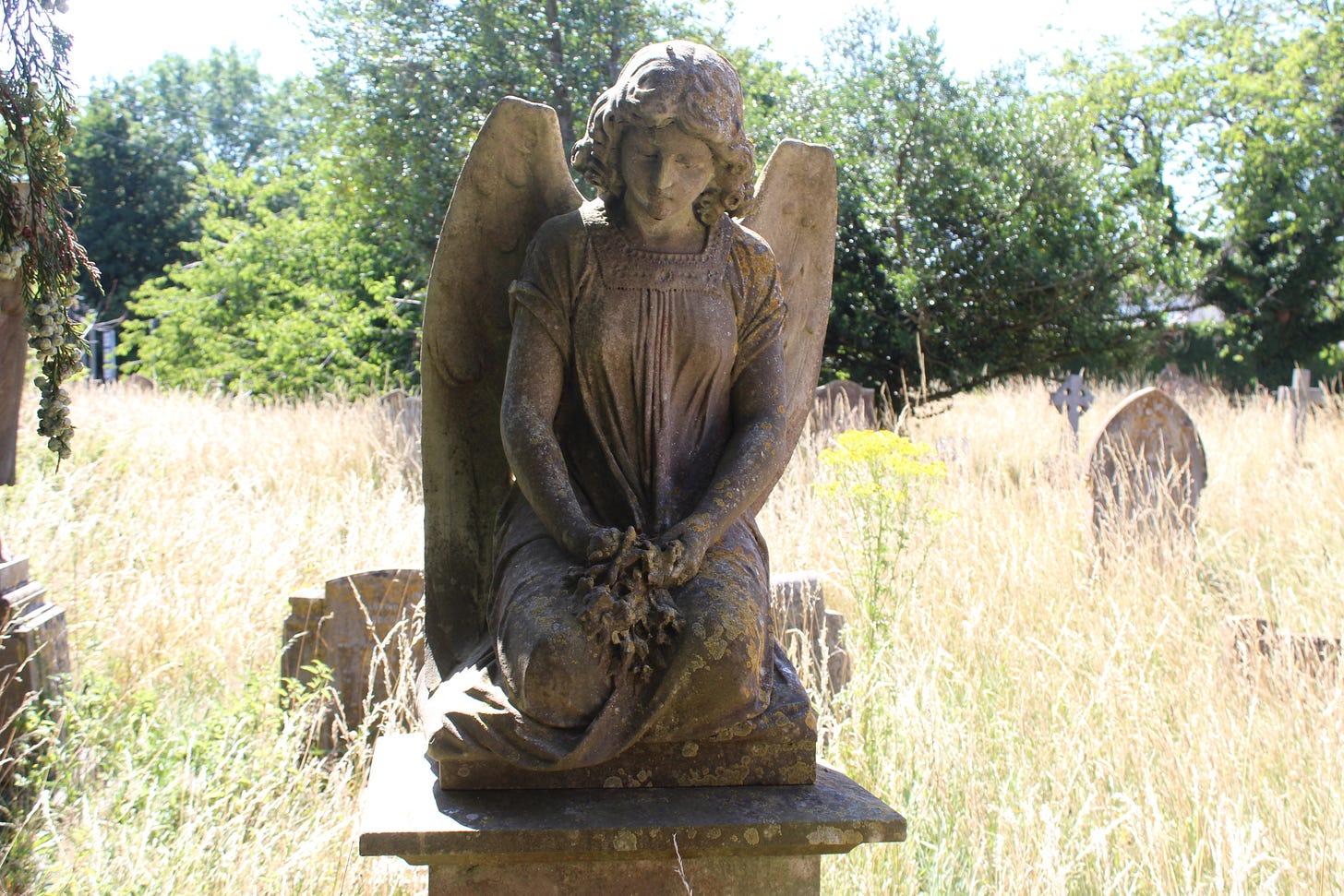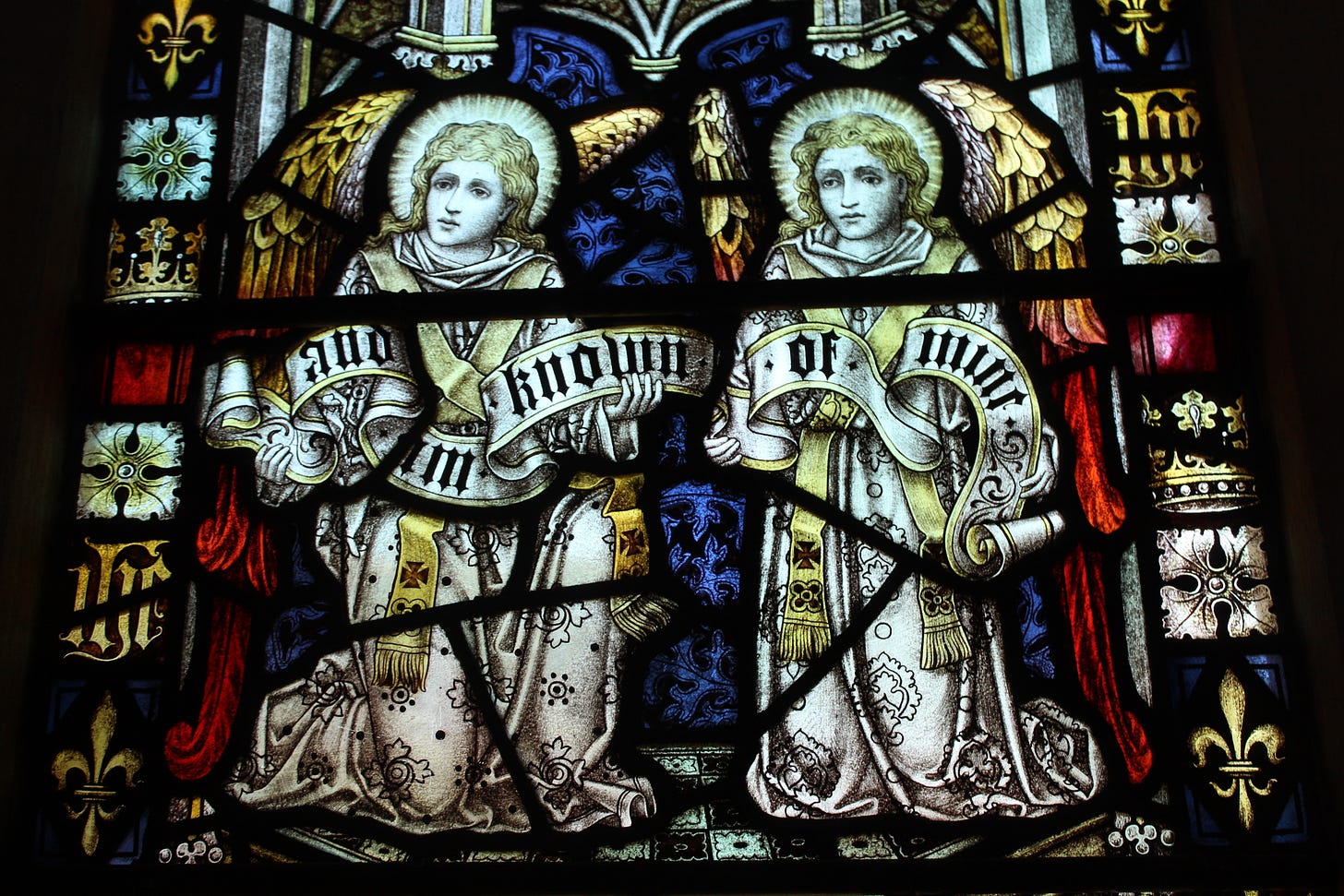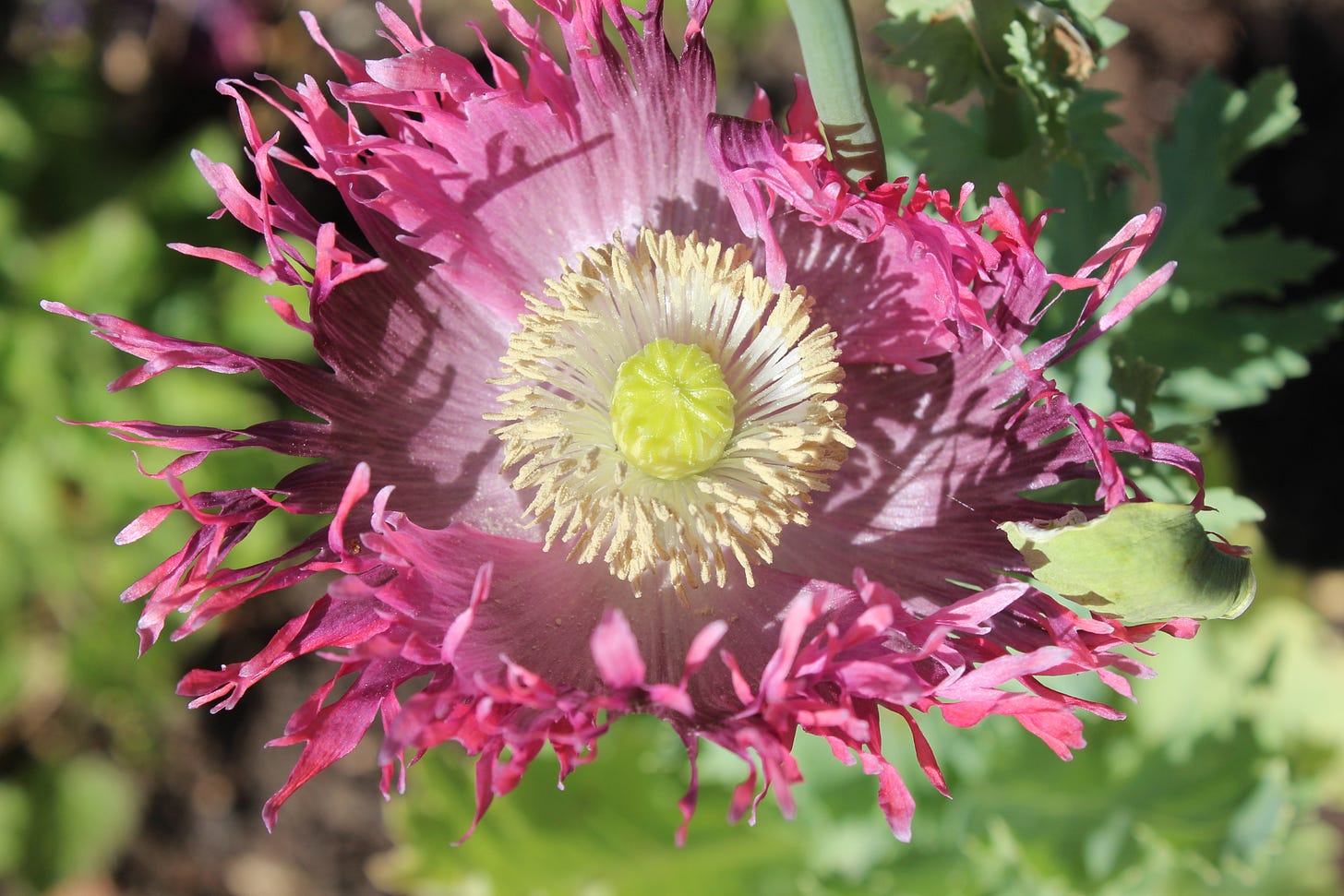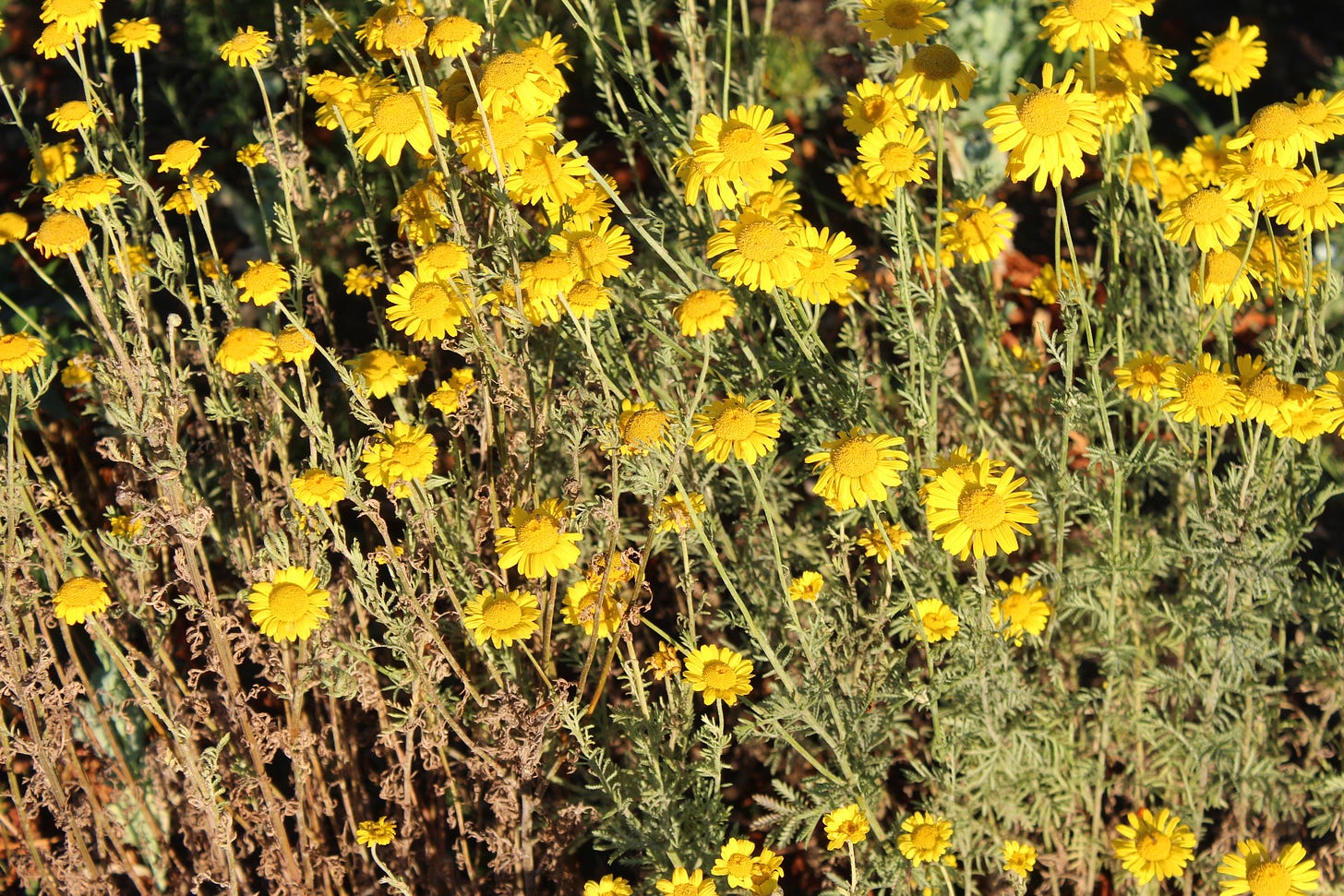A brief visit to my parents. The countryside is increasingly magical and removed from the reality of the city, with its drowning, dry, pounding atmosphere. Last week, my father tells, me, his jug band played to an audience of four peacocks.
They have both volunteered to tend the church graveyard, though neither of them are religious. “I can’t bring myself to say words that I’m not sure I believe,” my mother says. I don’t really know how to explain that the way we think about belief is inherited from the Enlightenment and relies upon a wholly inappropriate measure for anything, let alone something as truthfully strange as religious belief.
“I believe in God fifty-five percent,” a friend tells me. When I say I believe in God, in his language, one hundred percent, he seems baffled. “It’s yes or no,” I say (I recall, roughly), “perhaps this kind of language isn’t appropriate.” Perhaps no language is.
My parents are deeply civic-minded, heirs of a post-war communitarian sensibility of rationing, thrift and thinking of others first. Nearing eighty, their lives are rich in reading groups, film-screenings, meetings with friends, gardening and tidying the wild and overgrown street on which their house—immaculate—has stood for the past few hundred years.
People imagine that no one is looking in country roads, and throw the detritus of vice—beer and wine bottles, cigarette packets, takeaway wrappers and black binbags filled with smut (though this has declined since Web 2.0) from their car windows. No one, or not enough people at any rate, live there. Or, perhaps, that by living in obscurity, the non-urban deserve to be covered in the hedonic waste of the cosmopolitan.
In any case, old age does not seem to be what it used to be: my grandparents sunk into soft chairs with wooden arms, television, toffees, crosswords and the smell of Pears soap. It’s not the same, a mere generation later. I must say, my parents are much happier than my grandparents (the side I met) seemed. There is an obvious relation between the amount of socialising and general activity they do—my father is forever running everywhere—and their general bonhomie. This is what life is.
We water the garden, though my parents are conscious about impending water bans and even without them, use the hose sparingly. It is relaxing to refresh the vegetation and the lively, mildly vivid smell of water on leaves is delightful. There are more butterflies this year (also, anecdotally, in London). My father continues to wage water-war with the pigeons who sit in the yew tree and rot his lawn with their droppings.
One evening, we play a shooting game with his German-made gun and I somehow manage to break it, the entire load of water violently spuffing out at once. The pump mechanism has stopped working. My father, ever-enterprising, takes it apart the next morning, carefully removing the tiny screws. I have no doubt that if it’s fixable, he will repair it.
I try to explain to my mother how I think AI will affect the professional class and how perhaps people’s opinions will matter more, and technical knowledge less, but I’m not very convincing. I don’t think she thinks I’ll ever really work again. I’m not sure I will either. Perhaps people will read fewer but better things, like the way some eccentric people kept on liking horses when the car came in. I take some seeds from the Papaver somniferum that has dried out enough to plant somewhere in the spring. My mother tells me that the seeds don’t come true, which is rather beautiful, real meaning aside.
Will people still read? My grandmother was barely literate, a source of great distress to her—when I wrote to her from university, and understood (too late) that she could not write back. The contemporary shift/s seems both disenchanting and enlightening, with a hidden side that promises something mysterious. The alphabet is not yet done with us, our tools and their consequences are in obscure motion. As long as there’s an outside, one supposes…







